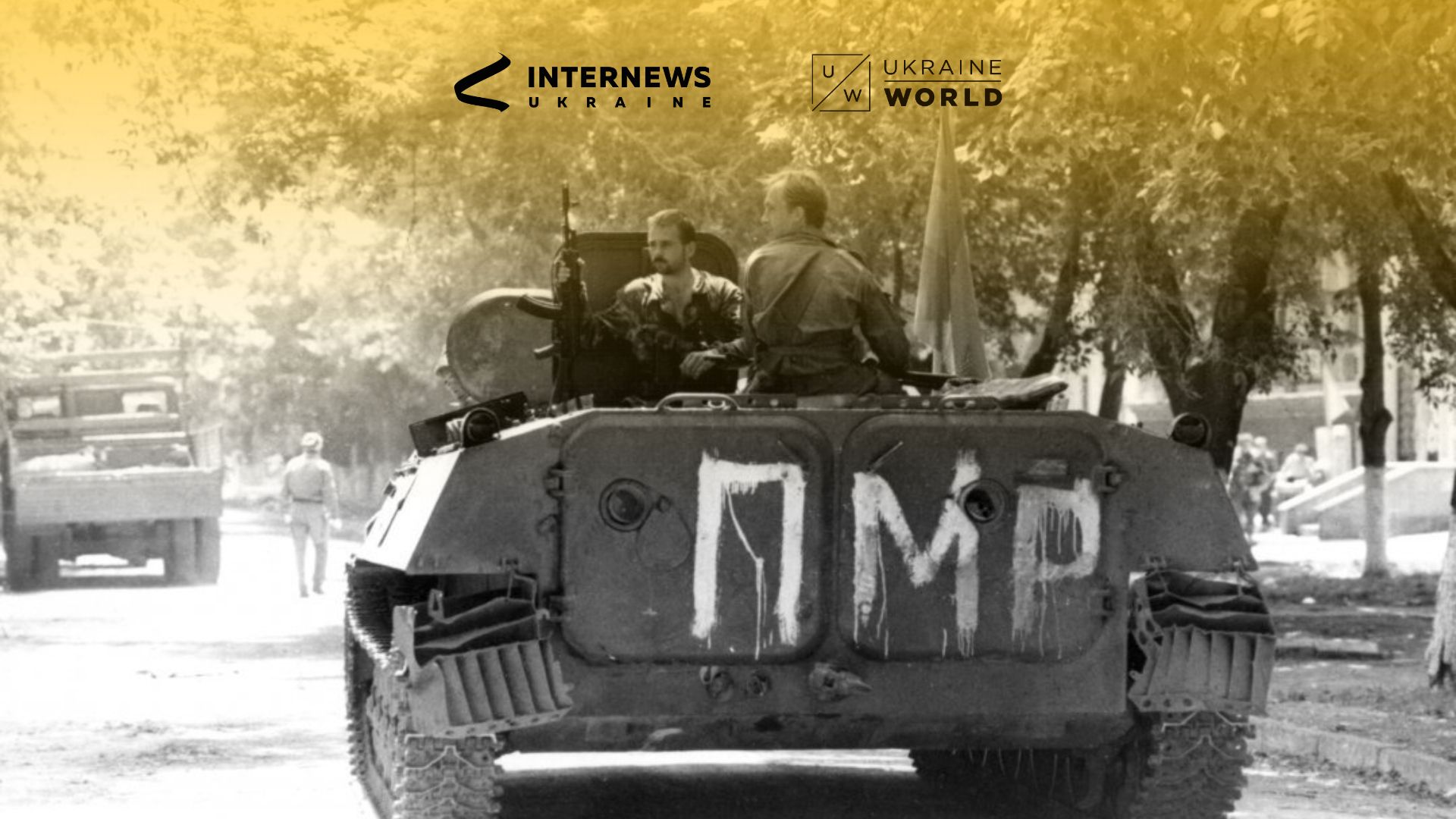
The idea of "freezing" the war in Ukraine is increasingly being raised in international discourse, usually as a way to end the fighting. However, a "frozen conflict" is neither peace nor compromise.It is a strategic model that Russia has already used in other countries, and it does not bring stability, but only deepens dependence, decline and instability.
A "frozen conflict" occurs when a part of a country's territory is out of the control of the central government, and full-scale hostilities have ceased. The region is governed with the support of another state, either directly or indirectly. A "peace dialogue" is formally underway, but without an actual settlement. Such situations prolong instability for years, weaken the central government, and constantly threaten renewed war.
The "freeze" model offers Russia a number of advantages:
The fate of territories: isolation, decline, control
The most famous examples of "frozen conflicts" in which Russia is directly involved areTransnistria, Abkhazia and South Ossetia. All three are regions without prospects, with Russia's permanent military presence, economic isolation and demographic decline.
For Ukraine, the "freeze" means:
Ukraine, the EU, and the UN have made it clear that any "freeze" is unacceptable.
A frozen conflict is not an option. It is a postponed escalation, a blackmail tool and a trap for those who seek freedom.
Russia is openly promoting another "peace plan" that is even more unacceptable than the "frozen conflict".
Moscow has made no secret of the fact that if Ukraine does not agree to the "freeze", it must officially give up its territories - that is, amend the Constitution and legally recognise Crimea and Donbas, Luhansk, Kherson and Zaporizhzhia Oblasts as not belonging to Ukraine.
The cynicism is that Russia does not even fully control these territories.For example, the cities of Kherson and Zaporizhzhia, as well as some cities in the Donetsk Oblast, are under Ukrainian control, but Moscow has already included these regions in its Constitution. This is a blatant disregard of reality and international law.
"Each one hopes that if he feeds the crocodile enough, the crocodile will eat him last." Winston Churchill
Previous examples of "appeasement" only gave the aggressor more time. Time to strengthen its position, adapt its strategy, learn from its mistakes and move on to take more.
Any attempt to fix the outcome of the war by "freezing" is an invitation to the next escalation.
This publication was compiled with the support of the International Renaissance Foundation. It’s content is the exclusive responsibility of the authors and does not necessarily reflect the views of the International Renaissance Foundation.
